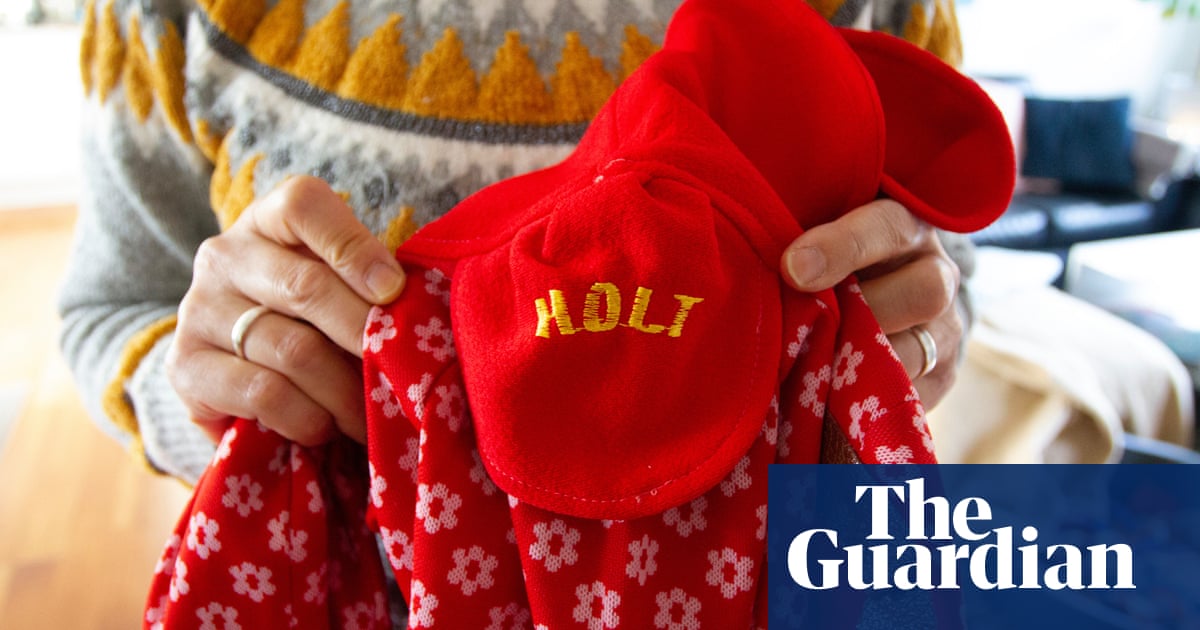
ack in the halcyon days of human contact, a friend of mine was decompressing over dinner. She’d learned that (once again) she had not got the promotion she’d applied for. Apparently the interview committee were not sure about her “leadership qualities”, despite her qualification in leadership. They were sure about the young(er) men they hired instead: floppy-haired elite-school types who refused to wear socks and went by nicknames that sounded like abuse (no employee deserves to be reprimanded by someone called Plumpers).
My friend told me that she would not put herself up for promotion again. Not for a while, anyway; she needed a break. She felt beaten.
I told my friend that some people have a less smooth journey in life, where – whether through structural societal problems or just plain bad luck – their days are full of frictions, small hindrances that make things harder and slow their progress. So it’s OK to press pause.
Recalling that conversation has helped me avoid feeling guilty about how I’ve spent these last weeks. This is my sixth week working from home and I am yet to start learning Spanish or reading Tolstoy, because this is a period of maximum friction. Everything is harder, takes longer and hurts more: getting milk requires an hour’s queue; freezing video calls with friends barely relax; heightened emotions mean a simple disagreement turns into a fight.
So I remind myself we are not working from home; we are surviving a crisis and trying to work. I remind myself that “new pandemic, new you” is not a phrase for a reason. I feel no shame if my personal progress has stalled. In fact, I’d argue that, when it takes all your energy just to stand still, there is no better time than a weekend to say, “Today, world, I am going to give myself a break.”












